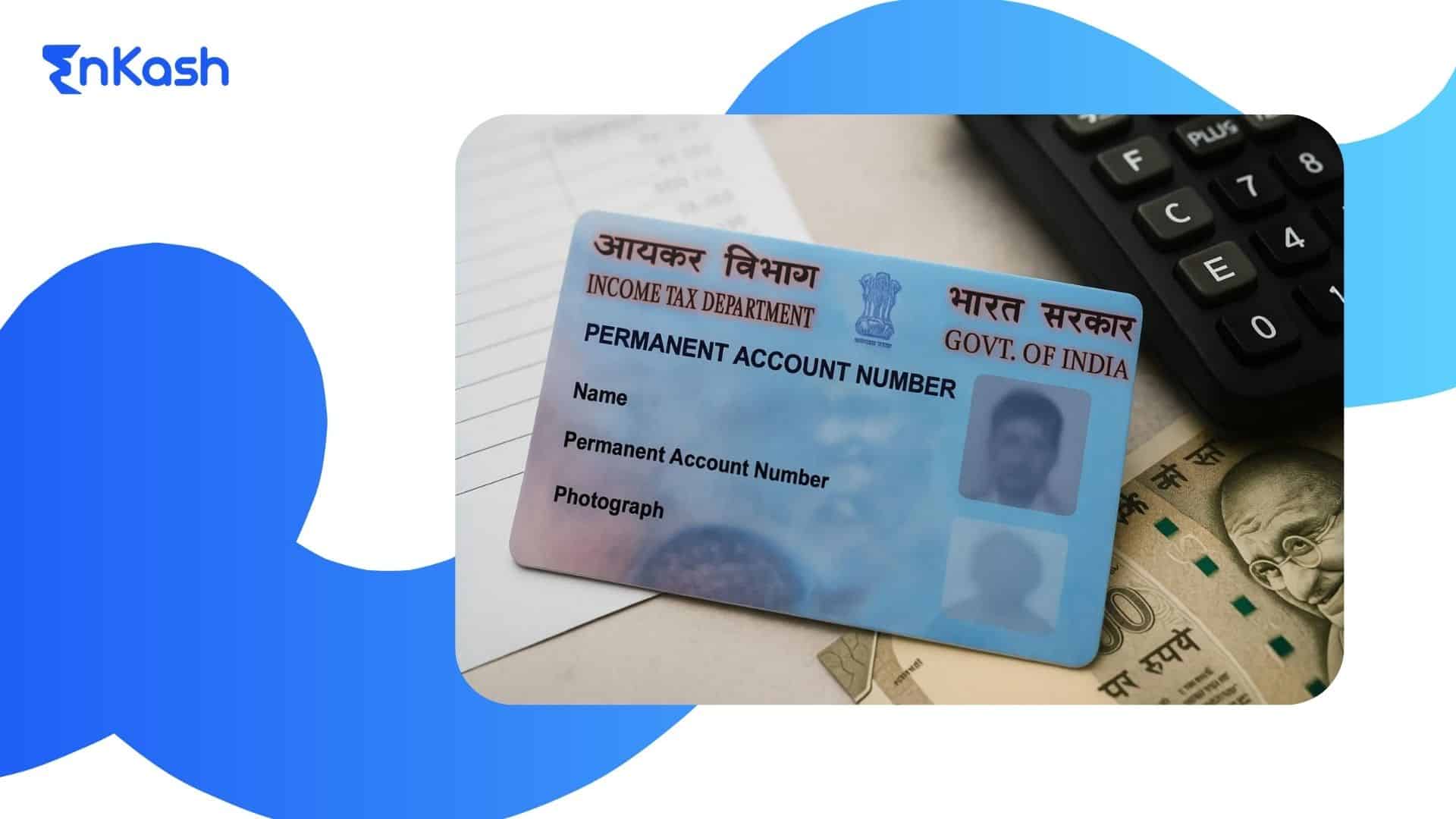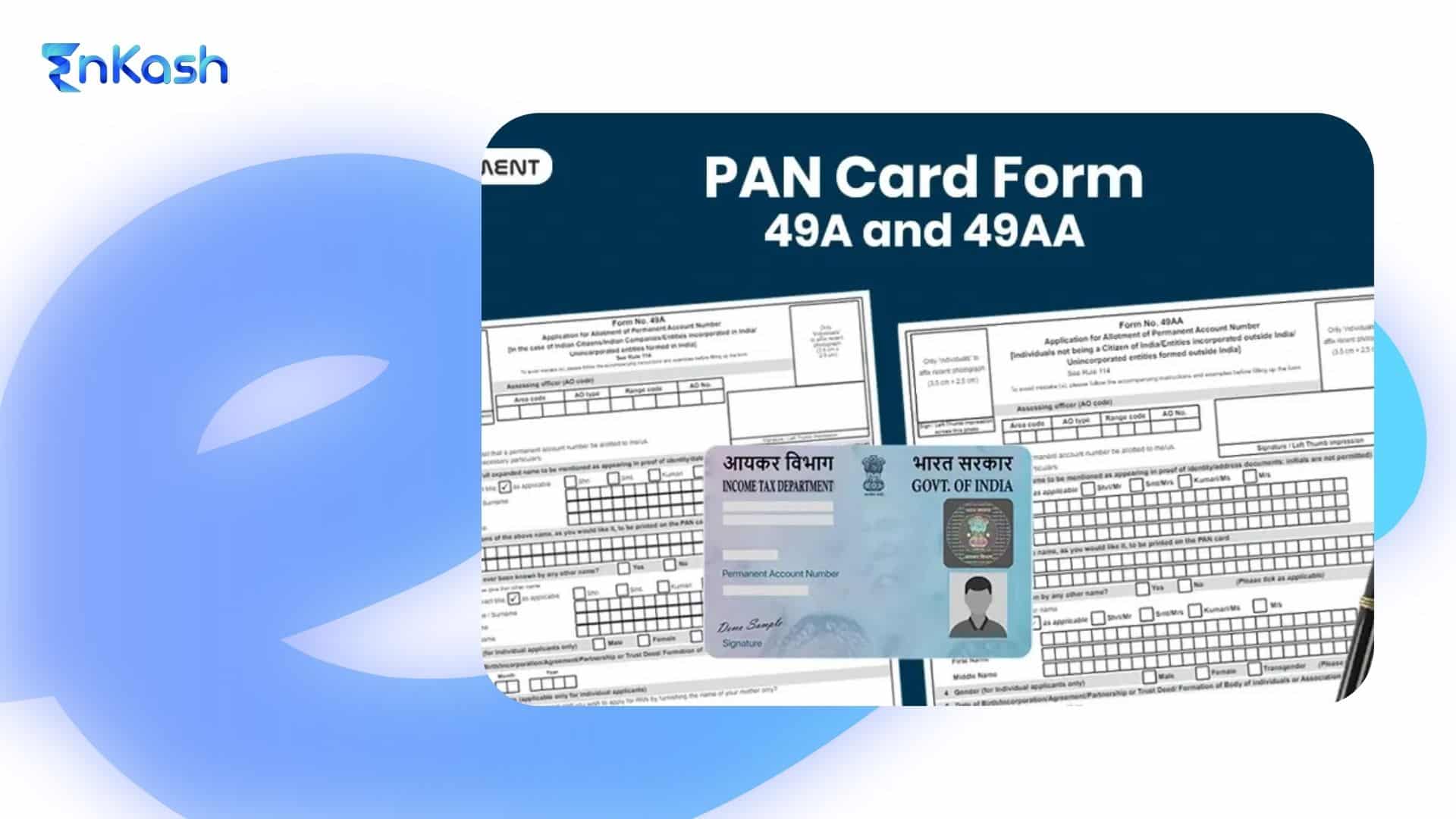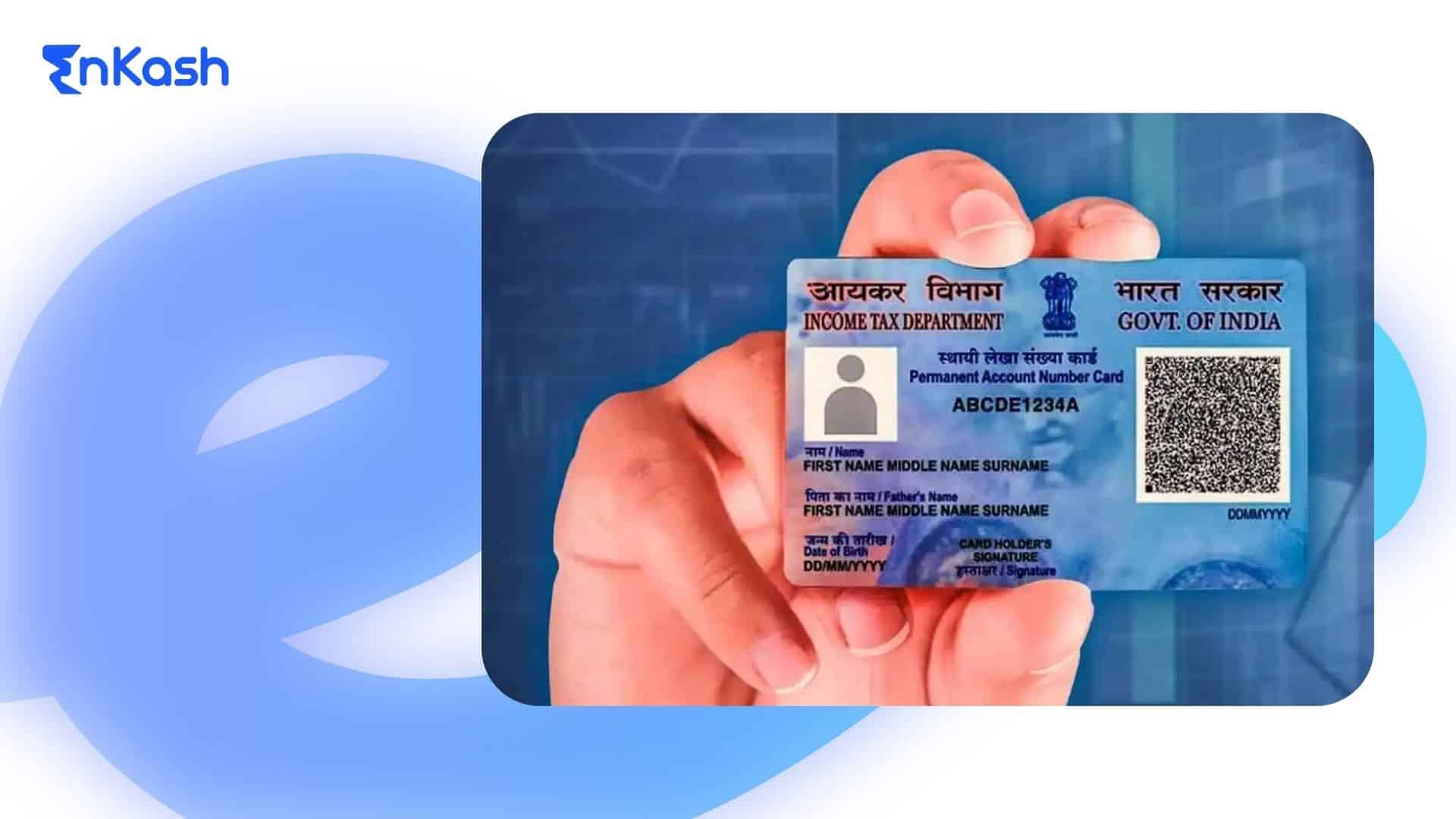A GDS or Global Distribution System is an extremely sophisticated electronic platform that revolutionized the travel industry as it brought airlines, hotels, car rentals, and other providers into touch with agents and customers. By providing availability, upfront pricing, and easy booking, GDS systems enable businesses to operate efficiently and reliably.
GDS systems, with their enormous inventory and advanced analytics, allow businesses to market more effectively, deliver a better customer experience, and work more efficiently. A pillar of the travel ecosystem, GDS drives the industry development, including the $15 billion Indian travel market, and has become an integral component of modern travel operations.
What is a Global Distribution System (GDS)?
A Global Distribution System (GDS) is a digitally enhanced marketplace that integrates travel service providers – from airlines, hotels, and car rental companies – with agents and customers. GDS enables real-time search, comparison, and booking of travel services at transparent rates. It is an integral part of the global travel and tourism ecosystem.
The Core Purpose of GDS
Essentially, the Global Distribution System acts as a central point of communication for information flow between travel providers and distributors. It offers you access to a huge inventory so that travel agents can book flights, hotels, and related services on one platform. By 2023, hundreds of millions of global bookings were made using GDS platforms.
Read more: Ach debit return charges
How GDS Differs from Other Systems
GDS systems are different from CRS or online travel agencies (OTAs). While a CRS handles bookings within a single supplier, GDS aggregates different suppliers to generate a global stock available to travel agencies. Instead of OTAs, which are exclusively for consumers, GDS systems are meant for B2B use and thus help travel agents effectively service their customers.
Relevance in India
In India, the GDS market has witnessed a high growth, which was mainly attributed to the country’s growing travel sector. As domestic and foreign travel is rising, Indian travel companies rely on GDS systems to get real-time flight, hotel, and car rental data. In 2022, the Indian travel industry generated more than $15 billion dollars in revenue, a significant part of which is provided by the Global Distribution System.
The Evolution of GDS
Global Distribution Systems came into existence when the major airlines implemented the first automated reservation systems in the 1960s. In time, GDS grew beyond its initial use for airline reservations to include hotels, car rentals, cruises, and many other forms of travel. The global GDS market stood at about $3.9 billion by 2023, which is testimony to its critical and increasing importance in the travel business.
Some Numbers At a Glance
- Global GDS Market Size (2023): $3.9 billion.
- Indian Travel Growth Rate (2023-2025): estimated at 15 percent per year, driving up the GDS use.
- India Travel Industry Share (2022): $15 billion in sales.
- Total GDS Bookings (2022): 595 million.
Features and Advantages of a GDS System
The GDS is a powerful and extensible solution that optimizes travel, customer experience, and efficiency. The extensive functionality of the tool makes it an absolute necessity for travel agencies and service providers. These are the main advantages of a GDS system.
1. Comprehensive Inventory
A GDS system consolidates all of your travel needs into one place, be it airlines, hotels, rental cars, etc. The extensive list enables travel agents to serve a wide range of customers, from premium to budget. Streamlining these choices helps GDS systems enable even smaller agencies to compete by providing more services.
2. Seamless Booking Integration
When multiple services are managed in a single window, a GDS system makes it easy to book them. Travel agents can book flights, hotels, and car rentals simultaneously, minimizing manual mistakes and increasing efficiency. This integration can free up significant time so agents can spend more time on customer care and strategic growth.
3. Real-Time Availability and Pricing
The primary focus of any GDS system is the current availability and cost of flights, hotels, and car rental. This 24/7 access enables travel agents to provide customers with live offers, thereby decreasing the chances of overbooking or errors. This is particularly critical in new markets where customers expect travel bookings to be accurate and timely.
4. Advanced Analytics and Reporting Tools
GDS system offers travel agents insights into booking, customer, and revenue trends. They allow agencies to view stats, calculate rates, and optimize their campaigns. Perhaps predictive analytics will even aid agencies in forecasting demand, providing early warning tools for higher profits.
5. Global Connectivity
By integrating travel agents with suppliers across the globe, a GDS system opens access to global markets. It allows small and medium-sized agencies to increase their network and provide international travel options. GDS’s international reach connects regional agents to global suppliers enabling seamless service for customers.
6. Enhanced Customer Experience
GDS System also offers advanced search and filtering to ensure a better customer experience. It allows travel agents to tailor their suggestions based on the price, time or service that customers want. It’s this personalized customer experience that not only delivers but builds brand loyalty.
7. Integration with APIs and Modern Technologies
New GDS infrastructures are integrated with new technologies like APIs, mobile apps, and AI capabilities. Such integrations allow travel agencies to take advantage of new offerings such as chatbot-based customer service or machine learning-driven recommendations. More than half of all GDS transactions will be automated by 2025 as AI-powered features continue to propel the platform forward toward efficiency and personalization.
8. Multi-Language and Multi-Currency Support
GDS systems provide multi-language UIs and multi-currency transactions to suit diverse customer profiles. This feature is especially suitable for agencies that deal with global customers as it keeps transactions smooth and avoids conversion errors. Support for multiple languages makes GDS platforms more usable and accessible to a global audience.
How Does a GDS System Work?
By streamlining complex booking processes through the collation and management of large volumes of travel information, the GDS system keeps complex reservations accurate, efficient, and interoperable across parties. The Global Distribution System works as follows.
1. Data Collection
GDS aggregates data from other companies, such as Airlines, hotels, and car rental companies. These include in-store availability, pricing, and service details. By collating this information, travel agents get a whole array of choices in a single dashboard, allowing them to plan and book in advance.
2. Option Display
Once collected, the GDS puts the information in a structured format that is accessible to travel agents. Agents can sort and search for travel based on dates, destinations, budgets, and customers. This clean presentation makes decisions easier and enables agents to deliver individualized solutions to their clients.
3. Payment Processing
GDS systems generally integrate secure payment gateways to control payments from travel agents to service providers. It makes it possible to avoid using third-party payment systems, thereby simplifying the process and speeding up payments. Multi-currency capability makes GDS systems more flexible to handle international reservations.
4. Booking Integration
Once a travel service is chosen, the GDS offers real-time reservations through direct integration with the service provider’s system. This provides real-time confirmation, reduces error rates, and generates needed tickets, itineraries, and invoices. The seamless integration makes it easier to manage post-selection tasks and automates your process.
5. Post-Booking Support
Also, the GDS system supports cancellations, rescheduling, and modification of post-booking. These can be accessed by travel agents from the platform, which updates the provider system automatically. This allows for adjustments to be handled accurately, which is a win-win situation for both agents and customers.
Why You Need to Consider Implementing a Global Distribution System
Moving to a GDS system can be beneficial for travel businesses and agents who want to scale operations, become more efficient, and respond to changing customer demands. In an ever-competitive travel market, taking advantage of the benefits of a GDS can help businesses win over the long haul. Let’s know why you should adopt a GDS system.
- Centralized Inventory Access: Access to hundreds of thousands of products across 200+ airlines and 300,000 hotels worldwide in one place.
- Instant Information: Get real-time information regarding availability, prices and dates for informed decisions.
- Operating Efficiency: 20% Booking time is reduced using automation instead of manual effort.
- Competitiveness in the Market: Makes you stand out in India’s 15% year-on-year tourism market.
- Revenue Optimization: Upsell, cross-sell, and predictive analysis tools to increase revenue.
- Global Reach: Reaches global suppliers and allows multi-currency transactions.
- Scalability: Flexible to meet the needs of any business, from local agencies to multinational corporations.
- Integration with Technology: Integrates with AI, chatbots, and mobile apps.
- Satisfaction: Supports personalized vacations for enriching experiences.
Read more: Difference between cost and financial accounting
How to Select the Right GDS For Your Travel Company
Choosing the right GDS system is crucial to making things run smoothly and providing high-quality services to your business or individual customers. A GDS is the foundation of your travel service, which allows users to book flights, hotels, and other travel services.
However, not all GDS platforms are the same, and you’ll have to choose one carefully for your company. Here are the points you need to know while choosing a GDS system.
1. Market Relevance
Start by evaluating the GDS platform’s presence in your market. A system that is well integrated into the region where your customer is located or traveling will better serve their needs. For example, a GDS with a strong presence in the Indian travel industry will work better for domestic agencies dealing with their customers.
2. Integration with Property Management Systems (PMS)
Make sure the GDS works with your property management system or other operating platforms. Smooth integration will reduce implementation time data entry and increase efficiency. For example, an integrated GDS can automatically update room inventory in real-time to avoid double bookings.
3. Functional Capabilities
The functionality of the GDS should be consistent with your business objectives. List out all the options the platform provides, from live updates to advanced filtering to analytics, and assess whether they’ll make your existing processes better. For instance, if your company is a corporate travel organization, consider features such as expense management and policy compliance.
4. Connectivity with Travel Websites
A GDS connects to a wide variety of travel portals, offering a wide range of products. Check out how many of these websites apply to your business. Having a bigger network gives you more capacity to service more customers with multiple needs and makes it much simpler to provide integrated travel solutions. In this instance, the more the merrier.
5. Pricing and Fee Structures
Price is a big part of using a GDS. Pricing varies from feature to feature, business size, and market. Identify your top features and evaluate the GDS provider’s pricing plans to ensure you select the best system within your budget.
Conclusion
GDS revolutionized the operation of travel companies by providing unparalleled access to the complete portfolio of services and streamlining the booking and management functions. As a Global Distribution System that connects travel agencies to an enormous array of flights, hotels, and transportation providers, it helps businesses create personalized and frictionless customer experiences.
As technologies get smarter, GDS systems are becoming even more intelligent, utilizing AI and predictive models to deliver smarter and more personalized travel solutions. Investing in the right GDS now can help your business survive in an evolving travel industry and build success and customer loyalty over time.
For Indian travel agents in a competitive market, adopting the right GDS is more of a strategic imperative. A detailed understanding of the platform’s market presence, features, integrations, and price can help organizations identify GDS meaning and choose a solution that works best for them.
Read more: Difference between expense and expenditure
FAQs
What Industries Can Benefit from a Global Distribution System (GDS)?
Travel and tourism companies, including airlines, hotels, and car rentals, widely use GDS systems. It can also be used in corporate travel management, hospitality, and event management. Because travel data is centralized, GDS can help these industries automate bookings, itineraries, and real-time updates to ensure streamlined processes and better customer experience.
What is the difference between a GDS and a travel aggregator?
GDS stands for the Global distribution system, which is a central hub between service providers like airlines, hotels, and travel agents that provides direct bookings and updates in real-time. A travel aggregator, by comparison, gathers and presents offers but rarely integrates directly with the sellers. Aggregators provide consumers with the ability to compare prices, while GDS portals provide full-service tools for B2B travel management.
Can small travel agencies afford a GDS system?
Small travel agencies can purchase and use a GDS because most platforms offer minimal pricing plans. Such tools enable agencies to automate, eliminate manual labor, and enter global markets. Agencies can lower costs by specializing in certain capabilities, reduce operating expenses, and exceed the expectations of customers.
How does GDS infrastructure protect data?
GDS provides sophisticated encryption, secure APIs, and multiple levels of authentication to secure sensitive data. Ensure compliance with regulations of the industry, like data protection and transaction security, to protect the environment. Additional security measures, including real-time monitoring and threat detection, offer peace of mind for travel agencies and their clients.
What is the use of GDS in corporate travel management?
A GDS will automate travel bookings, lodging, and transportation by providing an opportunity to manage corporate travel by the company travel guidelines. Apps such as expense tracking and reporting help companies track travel budgets effectively. GDS platforms simplify employee travel management by centralizing travel services.
Is GDS only used for traveling abroad?
You’ll need a GDS system for domestic and international travel. It integrates inventory from across the globe and from regional service providers, which makes it flexible for all types of travel. With GDS solutions, domestic travel firms can offer flights, hotels and transportation within the home country and open up a new door for the consumer.
What training do you need to use a GDS system?
GDS will need training to find, book, cancel, and consume analytics. Some sites even provide online training and certifications that will give travel agents all the tools needed to leverage the system. Agents will be able to book reservations and better serve their clients with proper training.
How does GDS integrate with a mobile application?
A GDS interfaces with mobile apps using APIs, and gives real-time availability for flights, hotels, and rental cars. Through its integration, travelers can search, compare, and book travel services on smartphones. Mobile support ensures better accessibility and seamless engagement for customers.
Is it possible to customize GDS systems for specific niche travel segments?
A GDS connects to mobile apps through APIs and offers real-time availability for flights, hotels, and rental cars. Through its integration, tourists can search, compare and book travel products on smartphones. Mobile support enables quicker access and seamless customer engagement.
What is the impact of a GDS on the environment?
Even if a GDS solution uses less paper and processes the booking process in electronic format, it needs power to operate its digital ecosystem. It is getting offset by efforts at enhancing energy efficiency and sustainability. Tourism operators can also use eco-friendly practices in conjunction with GDS platforms to facilitate sustainable travel.








